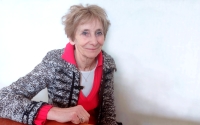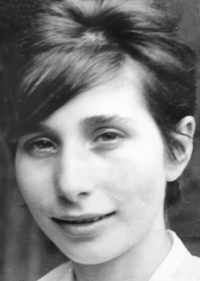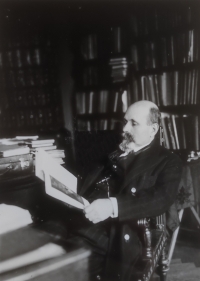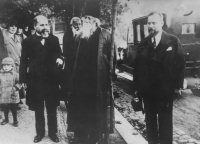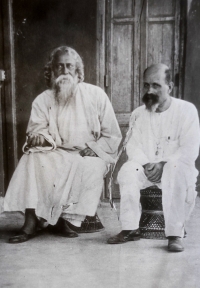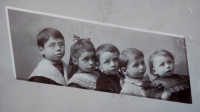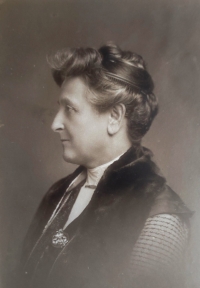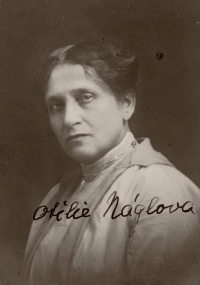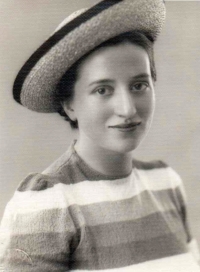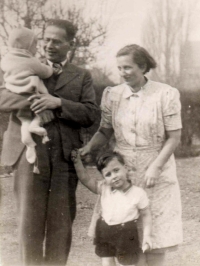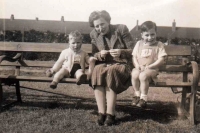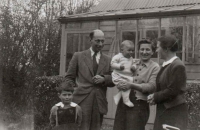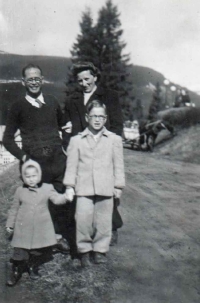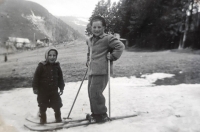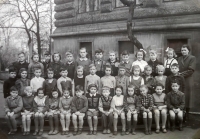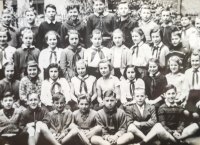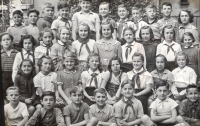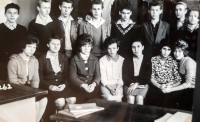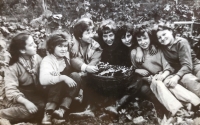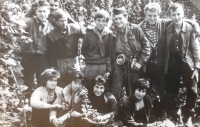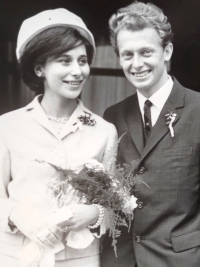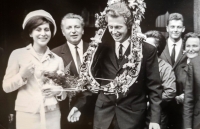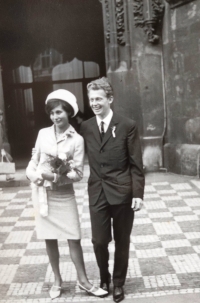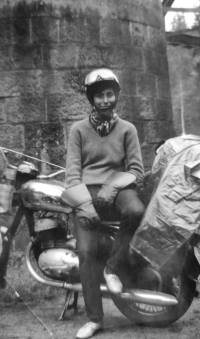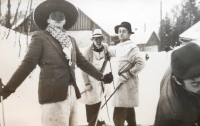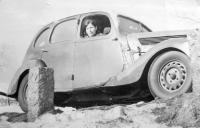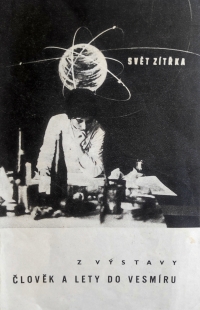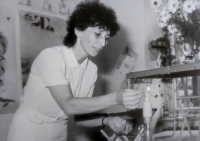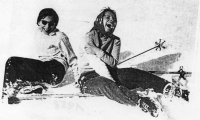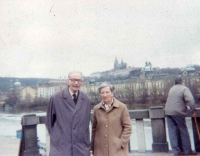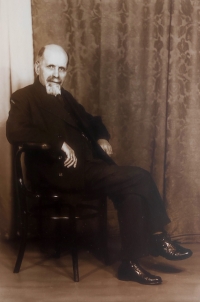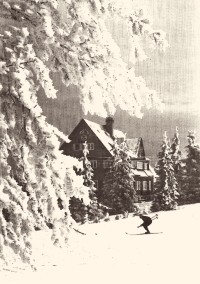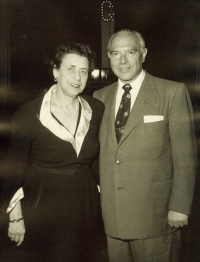Normalization was terrible. No one dared to say anything, everyone was afraid

Download image
Ludmila Tornová was born on 15 July 1945 in London’s Hammersmith Hospital to parents Květislava and Jiří Winternitz, who lived through the war in exile as anti-fascists and communists. Her father came from a German-speaking Jewish family of the indologist Moriz Winternitz, who befriended Albert Einstein during his stay in Prague. His mother came from a Czech working-class family from Jablonec nad Nisou. Her parents returned to Czechoslovakia in the autumn of 1945. Her father worked in banking and from 1950 in the Ministry of Finance. In 1947 he asked to change his surname from Winternitz to Vít. Her childhood was spent in a difficult atmosphere of political trials, in which many friends and acquaintances of her parents from London exile (for example Ludvík Frejka and Eduard Goldstücker) were convicted. After primary school, she trained as a letterpress painter and varnisher at the state-owned company Exhibition Management (Výstavnictví) from 1961 to 1963, where she worked until 1967. During her employment she graduated from the Secondary School of Arts and Crafts (1963-1967). In 1965 she married Jiří Torn, with whom she raised her daughters Zuzana (*1967) and Alexandra (*1974). In 1968 she joined the advertising department of TOS Čelákovice as a graphic designer and in 1969 she started working as a technical editor-graphic designer in the advertising department of the publishing house Red Law (Rudé právo). After two years, she was dismissed because she expressed her disagreement with the Soviet occupation of Czechoslovakia during the vetting process. Due to her poor personnel reference, she joined the Institute of Housing and Clothing Culture (ÚBOK) in September 1971 as a cleaner and a year later as a warehouse assistant at the publishing house Journalist (Novinář), where she was later allowed to do graphic work. In 1977, she wanted to change her job, but found that a bad reference from Red Law made this impossible. She asked for its correction through legal channels, the arbitration committee accepted her request as justified and the Red Law Publishing House had to rewrite her employment report. She then began working in the promotion department of the Power Electrical Engineering Works (ZSE), from where she was offered a job at the foreign trade enterprise Strojimport. However, the cadre department cancelled her application. She became a teacher of lettering at an apprenticeship school and after a year moved to the Czech Press Agency (ČTK) and then to the graphics department of the International Organization of Journalists, where she lived through the Velvet Revolution. After the revolution, she started working as a freelance graphic designer. At the time of recording in 2024, she was living in Prague.
